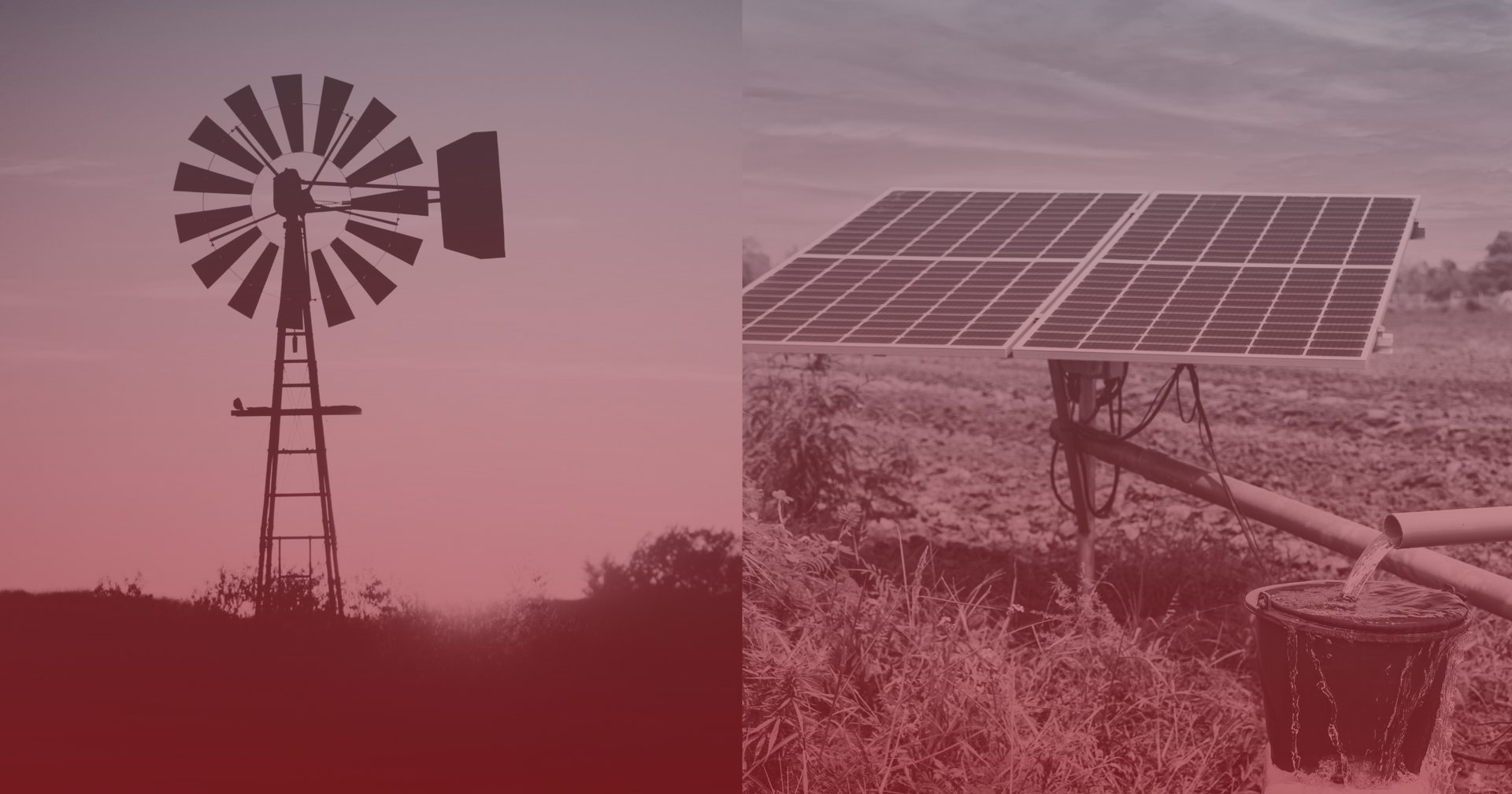Lagoon vs Septic Tank: Which is Better for Your Needs?
Comparing Two Popular Waste Management Systems
Choosing the right waste management system for your property is crucial for ensuring efficient and environmentally friendly wastewater treatment. The decision often comes down to selecting between a lagoon and a septic tank system. Both options have their unique advantages and considerations. Flint Hills Windmill & Well Pump Service is here to help you understand the key differences and make an informed choice based on your property size, budget, and local regulations.
Lagoon Systems: Lagoon systems are wastewater treatment systems that use natural processes to treat and dispose of sewage. These systems consist of a series of ponds or lagoons where wastewater is stored and treated through biological processes and sunlight exposure.
Suitable for Larger Properties: Lagoon systems require a significant amount of land to accommodate the ponds. This makes them ideal for larger properties, such as farms or rural estates, where space is not a constraint.
Advantages:
- Low Maintenance: Once established, lagoon systems generally require less maintenance compared to septic tanks. The natural processes involved in treating wastewater reduce the need for frequent intervention.
- Cost-Effective Over Time: Although the initial setup cost can be higher, the long-term operational costs are typically lower due to reduced maintenance and pumping requirements.
- Eco-Friendly: Lagoons use natural processes, such as aerobic and anaerobic digestion, to break down waste, making them an environmentally sustainable option. They also promote biodiversity by supporting aquatic life.
Considerations:
- Space Requirements: Requires more land area, which may not be feasible for smaller properties.
- Odor Control: Proper design and maintenance are necessary to minimize odors, especially during the warmer months.
- Regulations: Local regulations may have specific requirements for lagoon systems, including setbacks from property lines and water sources.
Septic Tanks: Septic tanks are underground wastewater treatment systems that separate solids from liquids. The solids settle at the bottom of the tank and are broken down by bacteria, while the liquids flow out to a drain field for further treatment and dispersal.
Better for Smaller Properties: Septic tanks require significantly less space than lagoon systems, making them suitable for smaller residential properties, suburban homes, and areas with limited land availability.
Advantages:
- Space-Efficient: Requires less land, making it ideal for properties where space is limited.
- Effective Waste Treatment: Septic tanks effectively treat and manage household wastewater, providing a reliable solution for most homes.
- Flexibility: Septic systems can be designed and sized to accommodate various property sizes and household needs.
Considerations:
- Regular Maintenance: Septic tanks require regular pumping (every 3-5 years) and maintenance to prevent issues such as clogs, backups, and system failures.
- Initial Cost: While the installation cost can be high, ongoing maintenance and pumping are necessary to keep the system functioning correctly.
- Environmental Impact: Poorly maintained septic systems can leak and contaminate groundwater, posing environmental and health risks.
Choosing the Right System for Your Property: When deciding between a lagoon and a septic tank system, consider the following factors:
- Property Size: Larger properties with ample land may benefit from the space requirements and low maintenance of a lagoon system. Smaller properties will find septic tanks more feasible.
- Budget: Evaluate both the initial installation cost and the long-term maintenance expenses. Lagoon systems may have higher upfront costs but lower maintenance costs, whereas septic tanks require regular maintenance and pumping.
- Local Regulations: Ensure compliance with local health and environmental regulations for waste management systems. Consult with Flint Hills Windmill & Well Pump Service to navigate these requirements and obtain the necessary permits.
- Environmental Considerations: Assess the environmental impact of each system. Lagoons offer eco-friendly treatment options, while septic tanks require diligent maintenance to avoid contamination risks.
Choosing between a lagoon and a septic tank system involves careful consideration of property size, budget, environmental impact, and local regulations. Both systems have their unique advantages and are suitable for different types of properties. By consulting with the experts at Flint Hills Windmill & Well Pump Service, you can make an informed decision and ensure efficient and environmentally friendly wastewater management for your property. Contact us today to learn more about our waste management solutions and find the perfect system for your needs.









